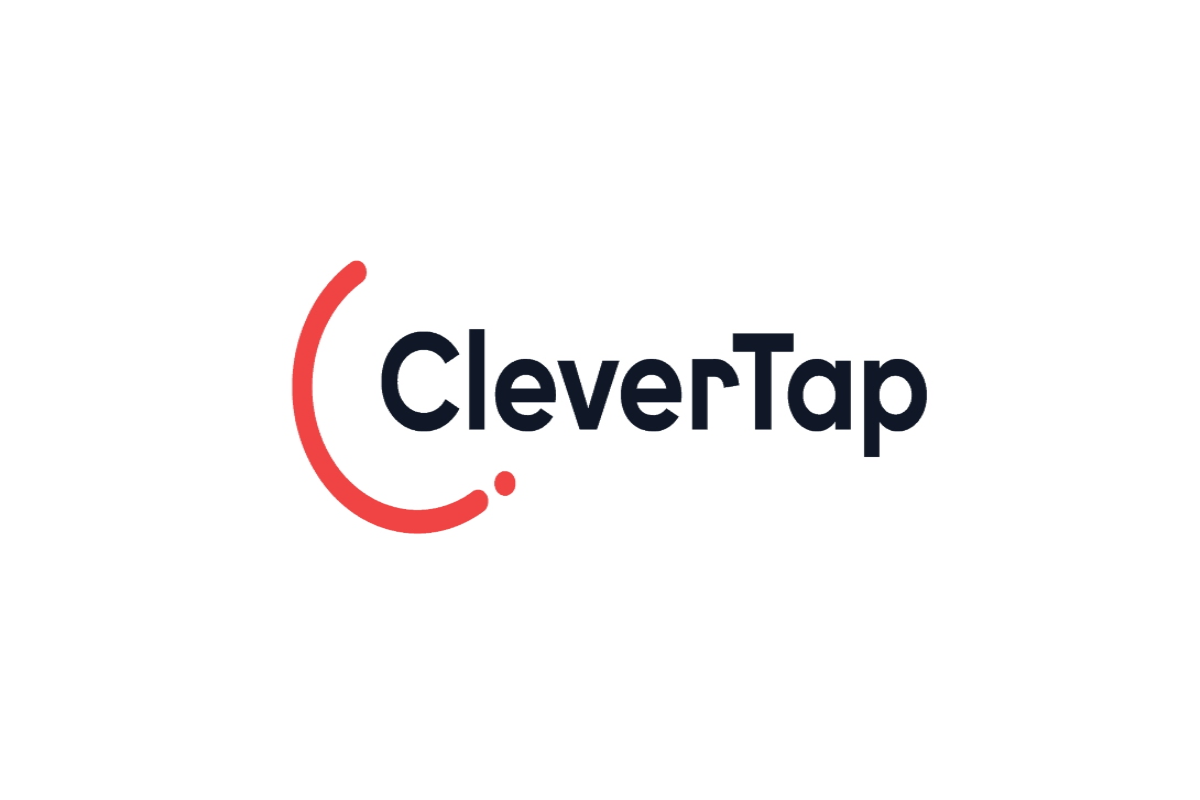
Brace Yourselves: Curaçao’s New Gambling Law Is at the Door!
Curaçao is approaching the finishing line of their online gambling reform, with the new law being sent to the parliament. Markus Björk at Slotsoo has been in touch with both the Ministry of Finance and several Curaçao operators to find out how they feel about this big change. Do European license providers have a reason to feel threatened by Curaçao casinos 2.0?
LOK Now Just Waiting for Parliament Approval
On December 19th, Curaçao’s Ministry of Finance informed that the new law has been officially submitted to the parliament. The National Ordinance for Games of Chance, commonly referred to as LOK (Landsverordening op de kansspelen), is expected to come into effect in the first half of 2024.
Finance Minister Javier Silvania, the front figure of the reform, shares his excitement about this historical moment:
“We are very happy to reach this final stage. The submission of the LOK to Parliament is not just a procedural step, but a leap towards transformative progress.”
No More Master Licenses or Middle Men
The current setup of the Curaçao casino license is very unique, with four master license holders being in charge of giving licenses to individual casino operators and ensuring their compliance to the regulations.
This has resulted in big quality differences, and if you were to ask ten EU players how they feel about Curaçao casinos you would get very varied replies. Another critique with the current system is that most of the financial gain goes to the four master license holders, while the island of Curaçao is left with light pockets.
LOK will put an end to master licenses and middle men and require all licenses to be applied directly from Curaçao’s Gaming Control Board. This means more uniformed quality and better control. The new law will also require gambling companies to have physical presence on the island, creating new job opportunities for the locals.
The Curaçao casinos we interviewed all welcome the new setup. Spinwise (Tsars Casino) sees some hurdles, but says it will be worth it in the long run:
“The prohibition of sublicensing by master licensees introduces a new financial dynamic for individual companies, albeit with associated fees. While adaptation to the new framework may pose short-term challenges, the long-term benefits are expected to outweigh these initial obstacles.”
The Curaçao License Will Remain Tax Free
- No tax on winnings
- No restrictions on player nationality
- Strong regulatory framework
Keeping the Balance Is Crucial for Success
Finance Minister Javier Silvania shares that they had a very inclusive approach when drafting the new law. They consulted all the stakeholders to make sure LOK will consider different perspectives and not just serve one group. The country of Curaçao, its citizens, the gambling industry, and the players should all benefit from the reform.
Many license jurisdictions that go through a re-regulation fall into the trap of legislating too much, without the government listening to the industry or the players enough. This leads to fewer license holders and lower channelization rates, as both the operators and the players search for more attractive solutions from other countries.
We wish Curaçao good luck with their new start in 2024!










